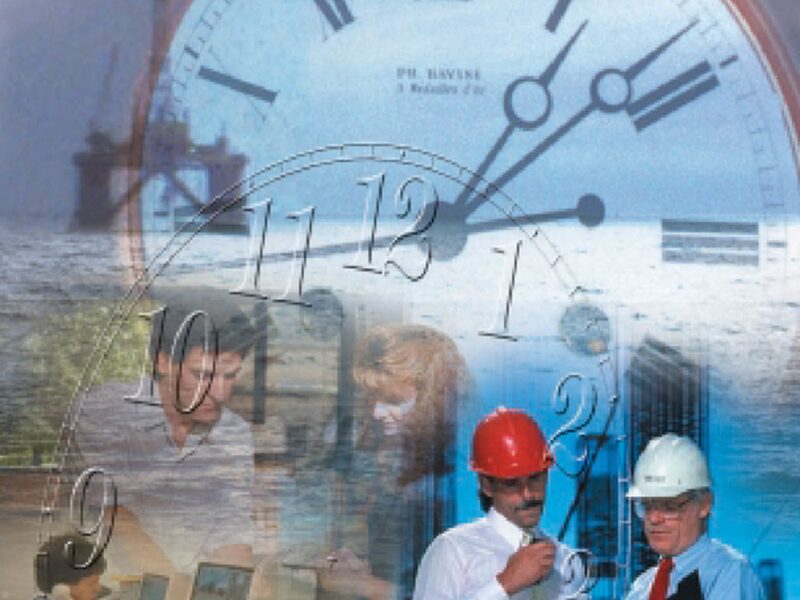In this issue, Bill Robb provides some clear lessons that we hope you will find useful when considering business, career, and relationship risks. It is not easy to write a short article on a subject about which one could go into great detail, but Robb has managed to provide a few tips that will certainly enable you to approach many kinds of risk in a well-thought-out fashion. Robb’s message is basically not to worry about risk—just learn to deal with it!—Natalie Pestana, TWA Interim Soft Skills Editor
When you think about it, we take many risks, big and small, every day. Each decision—each choice—involves risk. Deciding to cross the road or drive a car, for example, involves the risk of being killed. When you choose a career, you take the risk of forgoing the benefits of other careers. When you decide to marry, you take the risk of wasting years of your life and the emotional pain if it does not work out.
When you ask a question, you take the risk of others thinking you are incompetent or ignorant. If you choose not to ask a question, you risk making a mistake. If you decide to challenge a colleague at work on an unsafe act, you risk upsetting him and dealing with the consequences of a strained relationship.
In summary, you cannot avoid risk—it is built into being human. But do we really want to avoid risk? Not really! Without taking some risks, we cannot progress and we cannnot succeed. All great achievements (founding a new nation) and small ones (starting a business) come about because human beings took risks. You can take a big risk and invest in 1 million 1-penny shares (U.K. £10,000) hoping they will rise to £1, or you can invest in 10,000 £1 shares and expect a slower but safer gain.
Consequently, worrying about risk is pointless. What we can and should do is make clear to ourselves the kinds of risks we are taking and then do what we can to reduce the adverse effects if things go wrong. The principles of taking steps to diminish the downside apply to all risks, no matter what the setting. Here are six steps I have found helpful for business, career, and relationship risks.
- Find out as much information as possible before deciding. Investigate in detail. For example, when taking the financial risks of investing in shares, find out all you can about the industry, the management team, the product, competitors, and the financial health of the company.
- List all the advantages and disadvantages. For example, when deciding on a career, look 5 years ahead and list what will be good about it and what not. Is the upside greater than possible downsides?
- Reduce the bad effects of the downside, just as we do in safety risk assessments. For all risks, assess what could possibly go wrong and put steps in place to limit the damage. A standard practice in buying shares is the stop loss, in which you decide to sell if the share price drops by, say, 10%. In marriage, some people—especially the wealthier spouse—will insist on a prenuptial contract. When we undertake dangerous jobs, we use the correct tools and protective equipment.
- Keep monitoring the situation. You decide to take a risk at a point in time. However, things are constantly changing, so the career that looked good 3 years ago may on reevaluation no longer be attractive. The shares you bought 2 years ago may be heading for a drop. You will not know unless you keep in touch and keep assessing the risks.
- Keep increasing your options. Even if you are happy in your chosen career, pursue other training that can increase your employability in other fields. Network with others outside your field.
- At the first sign of a risk developing into a problem, take action. Do not wait. We understand this in an engineering setting where we can “take time out for safety.” We should extend this to our personal lives.
On the brighter side—once you have done your homework and you have made a choice, once you have accepted a risk—relax and enjoy it. There is nothing you can do once the roulette wheel starts spinning or the roller coaster starts running. Worry before, and then enjoy the ride.


